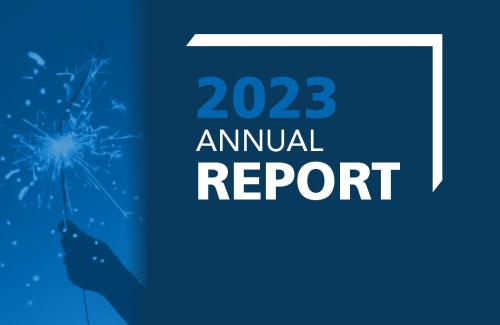
Siblings treated for LAD-1 with gene therapy remain healthy

Grantees probe biology to aid primary immunodeficiency diagnosis

Bold Conversations: Inclusion in practice at the 2024 PI Conference

85-year-old with PI celebrates 500th immunoglobulin infusion

I Am A Transplant Patient emergency card

New documentary film released

2023 Annual Report

Overview of WHIM syndrome: 2024 PI Conference

Serenity within: stress management for PI: 2024 PI Conference










